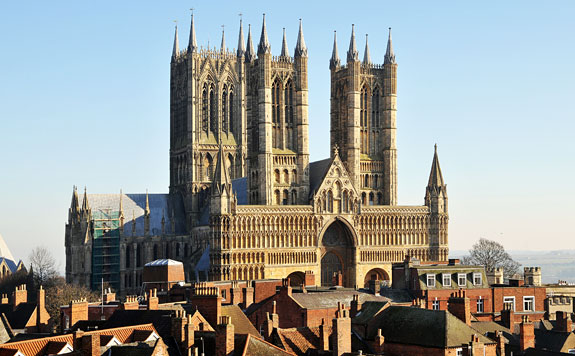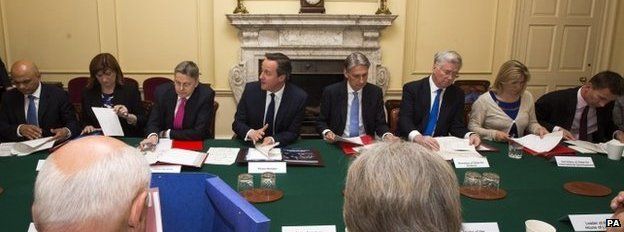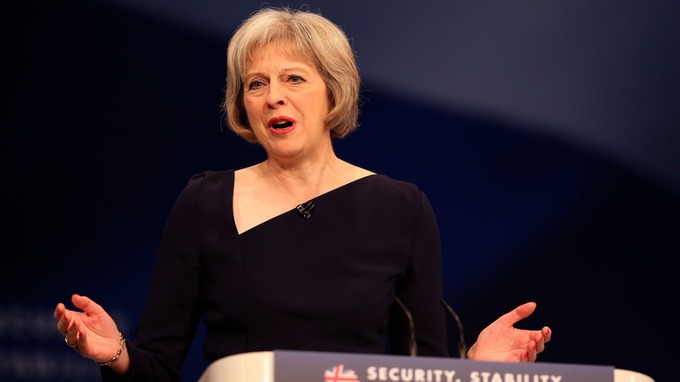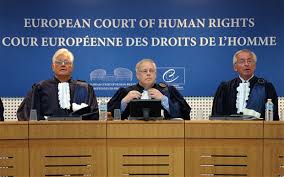… but castles built on sand!
This is the first of two posts on the power of the human imagination. The second is on the economic theory I call free market fundamentalism. But this one is on:
Religion
I will look at this through two very different perspectives: architecture and philosophy.
Architecture
I am what some may think is a contradiction. I am a humanist who enjoys walking around churches and cathedrals (well, some* at least). I love a good cathedral: the sense of space, tranquillity, the sun streaming though stained glass, the lofty, vaulted ceiling. All these combine to produce a mixture of joy, wellbeing and a haven of calm secluded from the frenzied pace of 21st century living.
I have sometimes tried to imagine these great buildings at the time of their construction. Whole armies of people – architects, stonemasons, carpenters, artists and more – working to a common plan. Perhaps 4 or 5 generations of these workers spent their entire working lives on these awesome structures, the early generations never living long enough to see the finished design. The buildings themselves would tower over the modest mediaeval dwellings to a greater degree than they do in today’s cities.

A memorable occasion was a visit to the beautiful Lincoln Cathedral one Saturday afternoon when my wife and I were taking a weekend break in that delightful city. By sheer luck, we entered just as a concert of religious and secular music by a barber-shop quartet a capella was starting in the choir of the cathedral. The acoustics were fabulous and, combined with the inspiring surroundings, the effect was – dare I say? – magical.
These great buildings stand as a proud monument to the skills and imagination of people long since dead and they continue to bring awe, joy and peace of mind today.
*Two counter-examples spring to mind. The first was an overbearing gothic monstrosity in Prague, with walls dripping with artefacts in gold-leaf and marble. The overall effect, I presume, was to intimidate and bully the flock into believing in the church’s teachings. The sense of claustrophobia was oppressive. I came out of there muttering comments about “architectural fascism”. The second, perhaps unsurprisingly, is the obscene excrescence built in the middle of the elegant Great Mosque in Cordoba. I rate this as the worst act of architectural vandalism I have ever encountered. Both are exemplars of what I call “Catholic tat”. I feel truly sorry for anyone impressed by these disgusting shows of wealth and power.
Philosophy
As a non-believer, I continue to be fascinated by the philosophical (and theological) reasoning given by religious apologists for their belief in God. This led me to sign up for a weekend course at Cambridge on the question of “God and evil”. I didn’t know what “theodicy**” meant until recently: I’ve now read quite a few of them, together with their critics’ responses.

What has struck me about these theodicies is their sheer complexity and sophistication. The arguments get more and more nit-picking as the meaning of words and concepts are dissected to an ever-finer degree. The CVs and credentials of protagonists on both sides are often highly impressive. These sometimes towering exercises in thought are the metaphysical equivalent of the physical structures of the great churches and cathedrals discussed above.
But the whole enterprise of theodicy has left me with two thoughts. Firstly, building a whole structure of ideas on what I believe to be a false premise reminds me of a parent teaching a child not to lie. Children, having told a little “fib”, usually get found out. On cross-examination by a doubting parent, they have to elaborate a whole pile of further, less and less plausible, lies to maintain consistency in their story. One can see the relief on a child’s face when they finally confess the truth: the sheer effort of lying is much harder than telling the truth in the first place.
This leads me to my second insight. My own conviction that God doesn’t exist essentially comes down to the attraction, for me, of Occam’s Razor. Simplifying slightly, this principle can be stated as follows: given two alternative explanations for a phenomenon, the simpler is to be preferred. This is because it is more likely to be true. Given the choice of explanations for evil between the complexity of any theodicy and the alternative that God does not exist, the latter wins hands down.
**It’s basically a reasoned argument put forward in an attempt to reconcile the existence of evil in the world with the existence of an all-seeing, all-powerful, perfectly good deity.
Conclusion
What both these examples illustrate is the sheer scale and complexity of the “castles” – physical and intellectual – that can be built by the human imagination, even if their “foundations” are made of sand. (Not literally, of course, in the case of the cathedrals!) Even so, as I have shown, they can bring great benefit and happiness to humankind. But they can bring great misery and suffering, too, as I plan to demonstrate in Two Castles (part 2).



